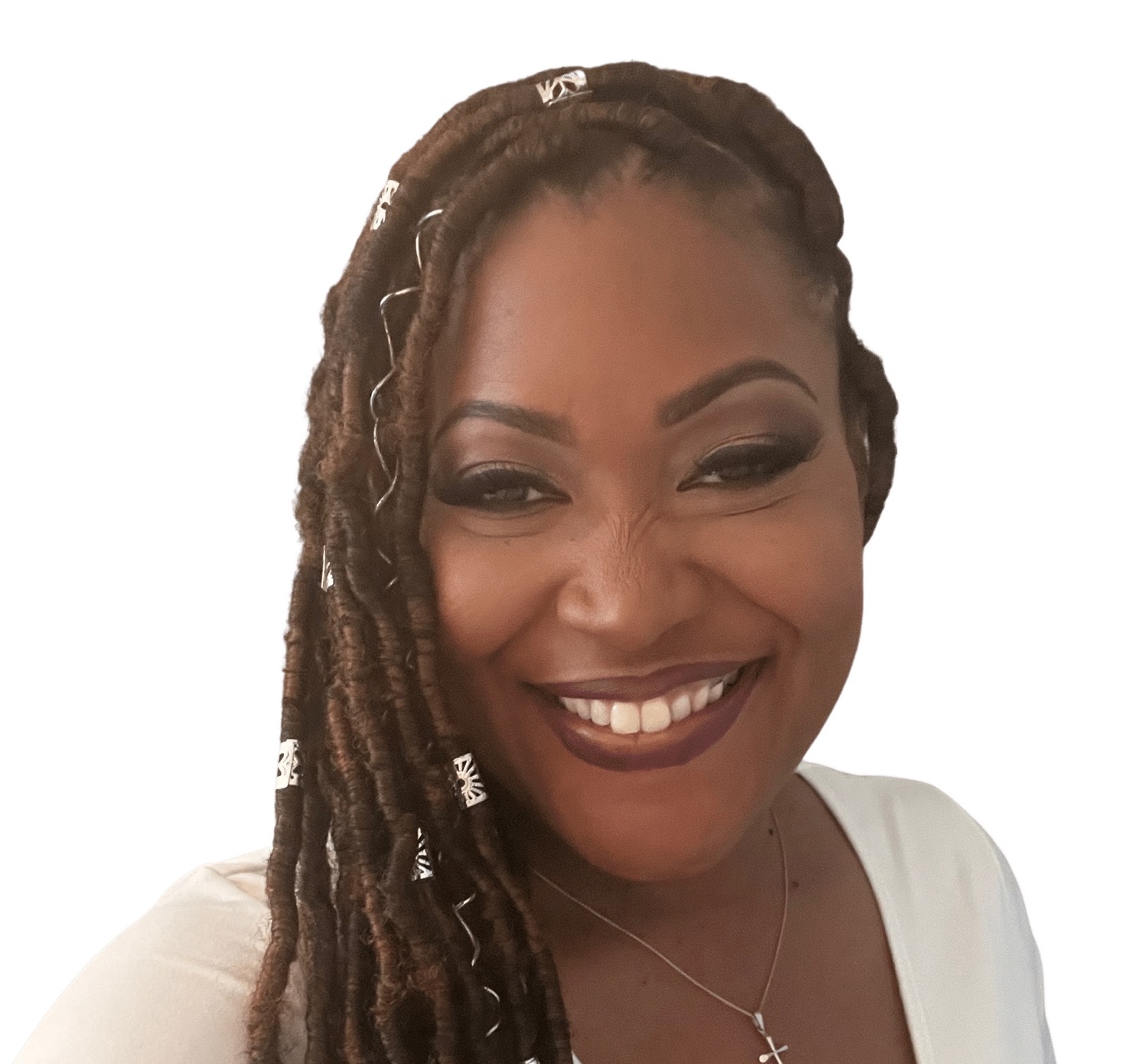ADD THESE DATES TO YOUR E-DIARY OR GOOGLE CALENDAR
This site is part of the Siconnects Division of Sciinov Group
This site is operated by a business or businesses owned by Sciinov Group and all copyright resides with them.
ADD THESE DATES TO YOUR E-DIARY OR GOOGLE CALENDAR

California State Polytechnic University, United States {02:00PM-02:30PM}
Title:The contours of Black female athlete activists: Incorporating a culturally liberating counseling and mentoring approach
Black college athlete activists play a significant role in the struggle for social justice. Realities such as institutional racism, discrimination & status work together to influence their behaviors & experiences. A unique subset of Black college athlete activists is Black female athletes who also identify as activists. Consequently, Dr. Harry Edwards, sociologist, professor, civil rights and athlete activist asserts that this new modern wave of activism will be led by women, in particular Black women (2018). Although Black women have a long history of resistance and struggle, not much has been studied about this rich tradition (Nance, 1996; Taylor, 1998a). Albeit, Black college athlete activists are understudied subjects overall, however, Black female athlete activists are “unknown and, of course unheralded” (Oglesby, 1981, p. 1). Female college athletes are part of an elite group as an athlete on campus, yet remain at the bottom of the societal totem pole of privilege being female and Black, combating hist rically racial and gender oppressive structures. A common narrative of this subpopulation share is that they often feel disconnected from mainstream approaches to counseling and support services. This feeling of disconnection has been often shared because those approaches fail to reflect their cultural interests, intersectionality, and lived experiences. This presentation incorporates tenets from Black Feminist Thought (1990), Critical Race Theory (1993), the Black Athlete Activist Leadership Model ™ (BA2L) (George-Williams, 2019), and The Activism Growth Model (AGM) (George-Williams, 2021) and introduces strengths-based holistic counseling of student-athlete activists, especially those of the Black female activist diaspora.
Gyasmine George-Williams, Ph.D. is an activist, socio-cultural practitioner, and Assistant Professor of Race, Sports and Social Justice at California State Polytechnic University, Pomona in Southern CA. She earned her bachelor's in Psychology from California State University, Los Angeles, her master's in College Counseling and Student Development, and her masters in Educational Counseling with a Pupil Personnel Services Credential from the University of La Verne, and earned her Ph.D. in Higher Education as well as a certificate in Strengths-Oriented Leadership in Higher Education from Azusa Pacific University in Azusa CA. In addition to serving as faculty, she currently serves on the Faculty in Interest Needs Committee on NCORE (National Conference on Race and Ethnicity) and is a board member for the Coalition for the Diaspora for Black Student-Athletes (CADSA). As a professor and socio-cultural higher education practitioner, she actively equips her students with the tools to engage and develop multicultural competencies, challenge ideologies, and formulate a critical lens. At La Verne and previous institutions, she has created formal mentoring programs for students of color aimed at sustaining a safe and welcoming climate for students, faculty and staff.
She is a frequent presenter at conferences throughout North America and internationally, including the National Conference on Race and Ethnicity in American Higher Education (NCORE), the North American Society for Sociology of Sport (NASSS), the Black Student-Athlete Summit, International Activism Conference, Advancing Women in Leadership Conference, and at the University of Western Cape in South Africa. Dr. G has created research-based models curated to honor and center the experiences of activists. The Activism Growth Model™ is a guide for activists in this very timely moment on how to utilize their voices for change. Her second model, The Black Athlete Activist Leadership™ model is designed to enable stakeholders (including coaches, administrators, and institutions and the broader community) to serve athlete activists and activists of color holistically. She is the author of “Love is at the root of resistance: Strategies of activism, advocacy and Liberation” where she unpacks both models and more. She is also the founder of 7Ten Legacy LLC, consulting, publishing, and research rooted in advocacy.